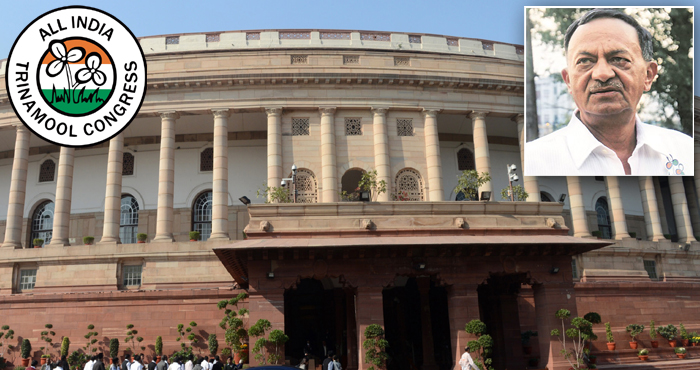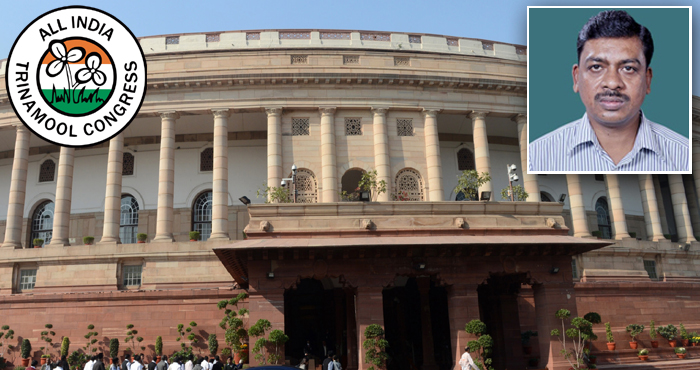FULL TRANSCRIPT
The National Institutes of Technology, Science Education and Research (Second Amendment) Bill, 2016 is a very important Bill in the context of engineering education in India at the undergraduate and post-graduate levels and in the context of research. The Bill was first introduced in the year 2007. The motto behind this Bill is for giving national importance to certain institutes of engineering and science so that they can provide quality education, both at the undergraduate and post-graduate levels of engineering, and do research work in the frontal areas of engineering.
The Bill was first amended in 2012. In 2007, 20 such institutions run by different societies across the country were included and were mentioned in the first schedule. In 2012, when the first amendment was done, another 10 institutions run by different societies were included and added to those in the first schedule. At that time, another five IISER – that is, Indian Institute of Science Education and Research – were incorporated and mentioned in the second schedule. Another institute, Indian Institute of Science Technology and Research in Shibpur, was mentioned in the third schedule. All these endeavours are very good in promoting engineering education. Recently, in 2016, two new IISERs were incorporated to correct the regional imbalance after the bifurcation of Andhra Pradesh into Andhra Pradesh and Telangana – one in Tirupati in Andhra Pradesh and another in Berhampur in Odisha. So the endeavours for promoting engineering education and moreover, to correct the regional imbalance in terms of institutes of national importance, by the Government are very good. At present there are a total of 31 NITs and five IISERs and two more will be included in the Bill, bringing the number of IISERs to seven. All these are welcome approaches. But my humble submission in the floor of the House is regarding my points of concern.
The first point of concern is regarding the quality of education. The prime focus of the Government should be to provide substantial amount of finance to these institutions. As far as my information goes, the global ranking of these NITs is between 3,500 to 4,000, that is, far down in the list and the global ranking of the IITs – that is, only IIT Delhi and IIT Bombay – is between 400 and 450. Only the Indian Institute of Science, Bangalore is ranked between 300 and 350. So, in the global ranking, we are far behind and in the Asian context, the ranks of the NITs is not even within 1,000. In the Asian raking too, even IIT Bombay and IIT Delhi are within 300. So my humble submission to the Minister and the Government is that there should be an expert committee which should monitor the declining quality of education in India and address the issue of bridging the huge gap in the ranking of Indian institutes with respect to the world’s top ones, both in the context of the global ranking and the Asian ranking. There should also be a committee to monitor the quality of education in the NITs. The 31 NITs should be ranked, and then efforts should be made to address the gaps in quality. The faculty from one NIT should be moved to some other NIT, students from one NIT should be allowed to go to another NIT, etc. so that the parity of engineering education in the country is maintained. The next point of concern is regarding research work. The Minister has said that the purpose of the IISERs is mainly to focus on research work. So, does the Government have any report on how many research papers are submitted by the engineering students in these institutions each year in Indian and international journal?
The second thing of concern is this: there are several scientific programmes and scientific competitions in the country; now, how many students from the NITs and the IITs participate in these engineering competitions, and are there records on that or not? This is very important to know with respect to research work. We all know and we appreciate the research work by our scientists in space technology, research work done by the DRDO. So all our engineering faculty should do a lot of research work.
The third point is regarding the long-standing problem of brain drain in India. We all know that every year a large number of students passing from these institutions go abroad and do their research work there and then one day we read in the newspaper or see on TV that some Indian scientist doing research work in MIT or Harvard has got the Nobel Prize in physics or chemistry. This should be stopped. We should create such an environment that all brilliant Indian students do their research work in India, and we should be proud of such institutions that bring fame to India. We should think of this. And my last humble submission to the Minister is to enquire whether the Government is thinking of any common test for engineering students before they graduate from the NITs after the eighth semester, so that the Government can get a sense of the amount of parity in engineering education in India. The Government should consider this proposal.
At the end, I want to congratulate the Minister for correcting the regional imbalance in terms of the IISERs by setting up two new ones in Andhra Pradesh and Odisha. I welcome this Bill. Thank you, Sir.


